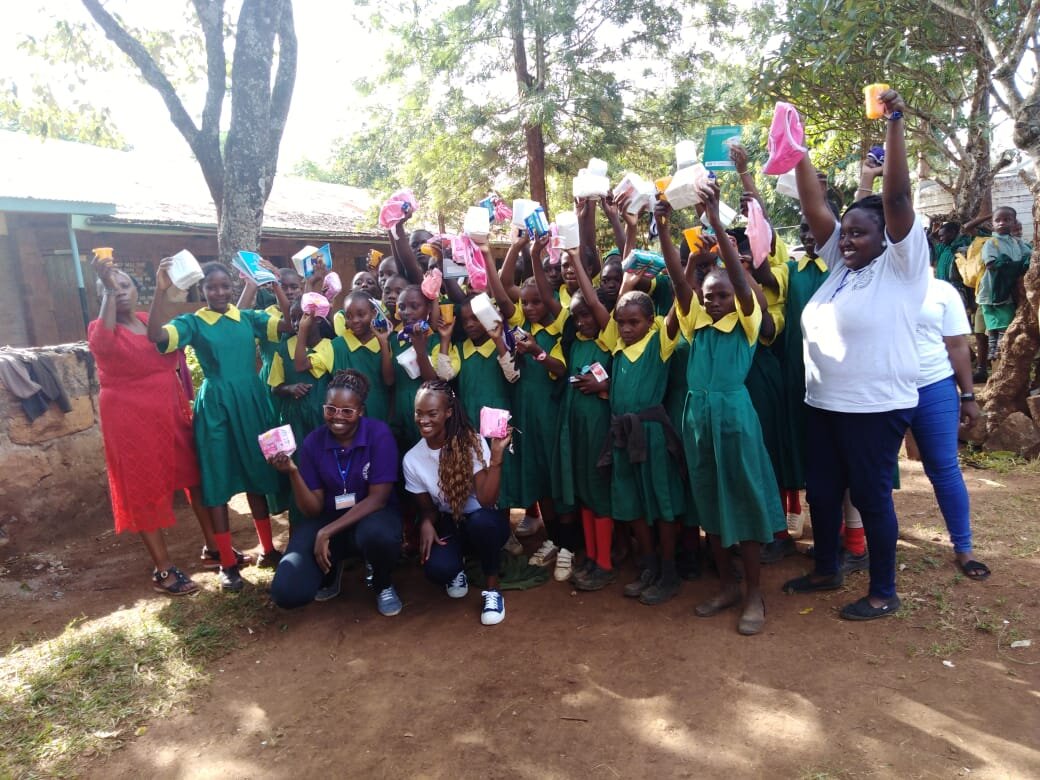Counting the Coronavirus Cost
23 March 2020: Stop press! UK Coronavirus lockdown imposed.
Less well-reported internationally were similar lockdown restrictions being imposed in many African countries at the same time. To limit the spread of Covid-19, governments in Kenya, Tanzania, Uganda and Zimbabwe closed the doors to their schools and implemented additional restrictions ranging from nighttime curfews, to bans on casual labour and restrictions on travel.
Schools reopened in Tanzania in July, with the resumption of school in Zimbabwe due - PPE permitting - at the end of September. At the time of writing, no date has been confirmed for the mass reopening of schools in Uganda and Kenya’s schools won’t reopen until January at the earliest.
The loss of months of schooling undoubtedly has a significant impact on a child’s educational progress. Yet as we regularly report, school isn’t just about education.
School encourages creativity through play.
School develops a child’s life skills - including lessons on personal hygiene, HIV awareness and children’s rights.
School teaches children how to build relationships with adults and peers alike.
School provides a safe haven for many at risk of abuse and exploitation.
At Joy Children’s Home in Kenya, the team reports an increase in teenage pregnancies in Kiambu County during lockdown which they put down to the prolonged stay at home combined with low living standards. In school times, adolescent girls spend most of their time at school and receive regular lessons and educational forums - like those provided through our Education All Month, Every Month programme - learning about sexual health. When school doors closed, there was no scheme in place to replace the missing social education elements.
Sarah from Joy tells us:
“Most of the families around here are needy. The girls are forced to look for jobs so as to get food for their families. In the process, unscrupulous employers take advantage of them and sexually abuse them.”
Regular school attendance means adolescent girls are less likely to give birth while still children themselves, avoiding one of the biggest causes of death in teenage girls in Sub-Saharan Africa: complications in pregnancy. Even when girls are able to get through pregnancy and childbirth in good health, Human Rights Watch confirms countries such as Tanzania have a compulsory expulsion policy for teenage mothers. Kenya and Zimbabwe stipulate ‘re-entry’ policies that can’t always be met.
With a ripple effect that continues for generations, girls’ education is one of the most effective ways of breaking the poverty cycle in Africa yet expulsion and re-admission difficulties related to teen pregnancy destroy young mothers’ dreams and restrict those of her children.
In Zimbabwe, Mwana Trust has reported the tragic case of 11-year-old Mercy*, a primary school student who was raped and sexually abused as she was fetching firewood in the bush near her family’s home. Mercy’s medical report reveals she has contracted sexually transmitted infections and is receiving treatment at a local clinic. As well as providing counselling sessions for Mercy, Mwana Trust is also assisting her with transport for visits to the doctor and working with local police and legal bodies to ensure justice prevails.
* Name changed to protect identity
Elsewhere in Zimbabwe, the increase in boys and girls working concerns Mwana Trust. As the team travels around Mutare, they see children like Mercy who are continuing to collect firewood, mould bricks, herd cattle and work as house maids.
“Children participating in child labour are working longer hours and/or under worsening conditions which is causing significant harm to their health and safety.”
There’s a real concern too many African children have become accustomed to working life in the past 6 months. That their families have become reliant on their income. Or that teenage pregnancies will prevent attendance at school altogether.
As schools reopen, it is essential children re-enrol and return to their studies and their scholarly safe havens. School feeding programmes, sanitary towel provision, kitchen gardens and clean water are all proven to increase school attendance. Please stop more teenage dreams being lost to Coronavirus.



